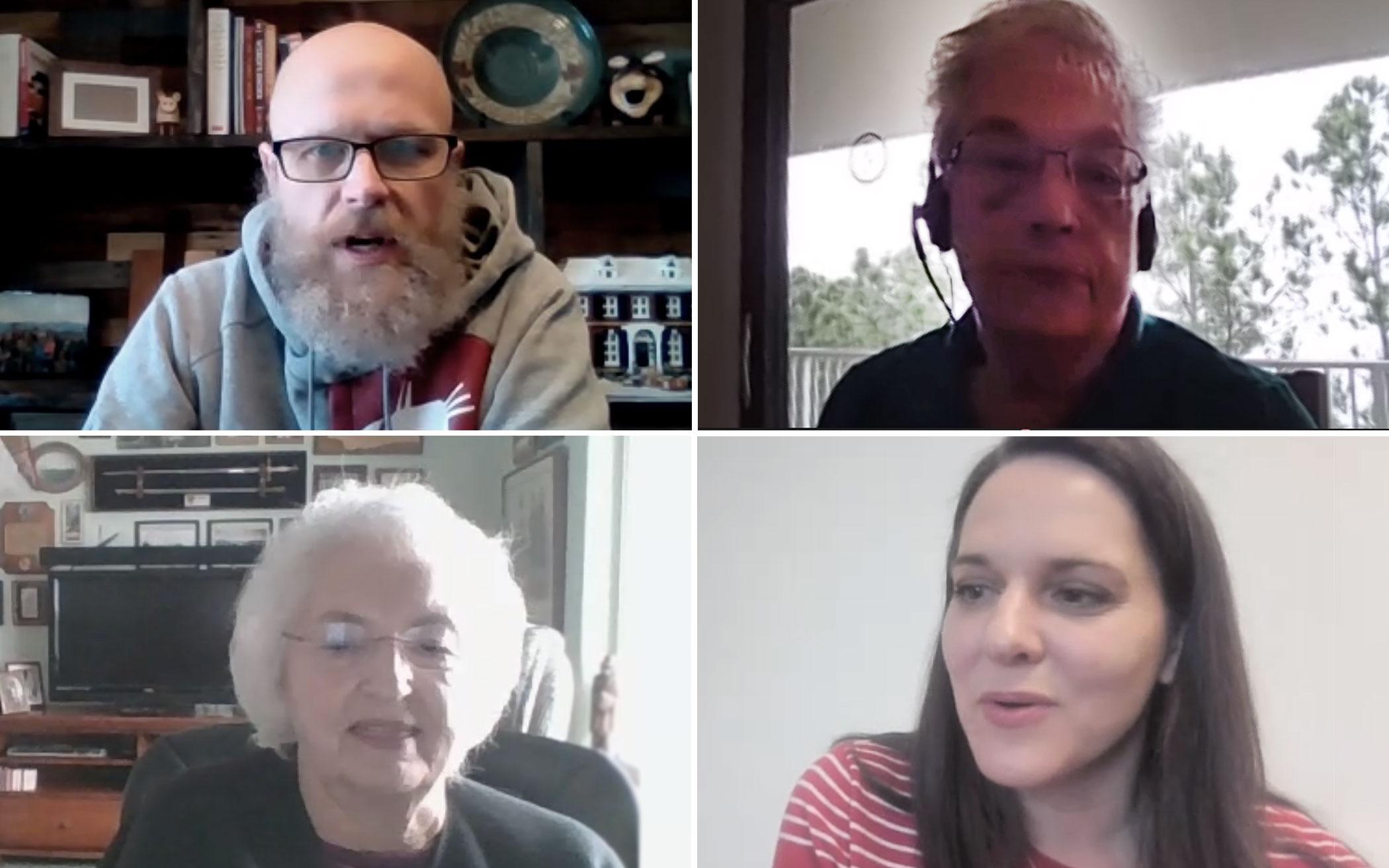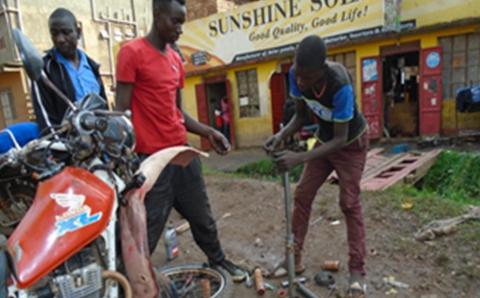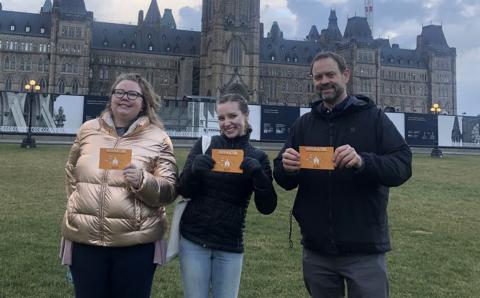At its mid-February meeting the Christian Reformed Church’s Council of Delegates debated the implementation of an earlier task that the Council assigned while acting on behalf of synod last June. The assignment was finding a way to allow more LGBTQ voices to be heard by delegates to Synod 2022 regarding the human sexuality report, which will be presented at that synod. (Synod is the broadest assembly of the CRC. The Council acts on behalf of synod in between its meetings.)
Crafting the assignment had been contentious at the June 2021 meeting, with 17 delegates registering their negative votes.
At this meeting, deciding how to implement the assignment was just as contentious. The implementation proposal came from executive director Colin P. Watson Sr. His plan, which had been asked for by the Council, included encouraging delegates to participate in discernment groups of six or seven people prior to synod. They would meet twice by video conference and twice in person at Synod 2022. They would use an adaptation of the Challenging Conversations Toolkit produced by the CRC’s Pastor Church Resources and used by many congregations and other groups over the past year. The implementation plan included hearing stories from people who identify as LGBTQ via video and would use a series of guiding questions.
Some delegates noted how important it is to hear from LGBTQ persons, not just talk about them. Kelly Vander Woude (Classis Rocky Mountain) was in favor of the proposal. “Considering the people we are having a conversation about, why would we exclude them?”
Elsa Fennema (at-large delegate) spoke in favor of the plan as well. “It’s important we engage and listen to the voices of LGBTQ people,” said Fennema. “We can learn from our past mistakes when we didn’t listen to others.” Others also expressed their support.
Other delegates raised various concerns. Lora Copley (Classis Red Mesa) wondered whether “expecting” delegates to participate is overreach. “When we (the Council) acted on behalf of synod, we wanted a mechanism to make it possible to hear (more voices). Making it available does not mean expecting delegates to participate fully.” She wondered if it is wise for the Council to be seen as doing a kind of point-counterpoint with synodical reports. “Would it seem that we're meddling in synod’s business with the superior persuasion of video over print and story over Scripture?”
Others were concerned about the guiding questions. Mark VanDyke (Classis Central California) expressed concern that the questions pull people away from scriptural discernment and into psychology. “I would be much more amenable to this process, if there was inclusion of language for measuring what we’ve heard according to Scripture,” he said. He said he is not opposed to a process of listening, but he said it could be greatly improved with more encouragement to evaluate what had been heard with the Bible.
Sherry Fakkema (Classis Pacific Northwest) wondered if the proposed plan was proper for synod or if they are making all kinds of exceptions for this one report. William Koopmans (Classis Hamilton) said he would struggle to find a comparable precedent. “It is unprecedented that this would be something set up by the Council.” Koopmans has been president of several synods, including Synod 2019, the last synod convened before the COVID-19 pandemic.
After lengthy discussion, the implementation plan was voted down 28-17. (Vote counts are provided by the chair when requested by a delegate.) Delegates subsequently asked Watson to “create an appendix of diverse LGBTQ+ voices (to be) made available to synodical delegates as well as strongly encourage delegates to engage local LGBTQ+ voices in their context, with humble attention to Scripture throughout.”
The human sexuality report is formally known as the report to synod of the Committee to Articulate a Foundation-laying Biblical Theology of Human Sexuality, mandated by Synod 2016 to “provide concise yet clear ethical guidance for what constitutes a holy and healthy Christian sexual life, and in light of this to serve the church with pastoral, ecclesial, and missional guidance that explains how the gospel provides redemptive affirmation and hope for those experiencing sexual questioning, temptation, and sin” (Acts of Synod 2016). The report covers many aspects of sexuality and gender identity. Synod appointed committee members who adhere to the CRC’s Synod 1973 decision on homosexuality, which states being same-sex attracted is not sinful but acting on those attractions is incompatible with Scripture.
The committee released its 175-page report in October 2020 and it will be discussed when Synod 2022 convenes June 10-16 at Calvin University in Grand Rapids, Mich.
About the Author
Gayla Postma retired as news editor for The Banner in 2020.









